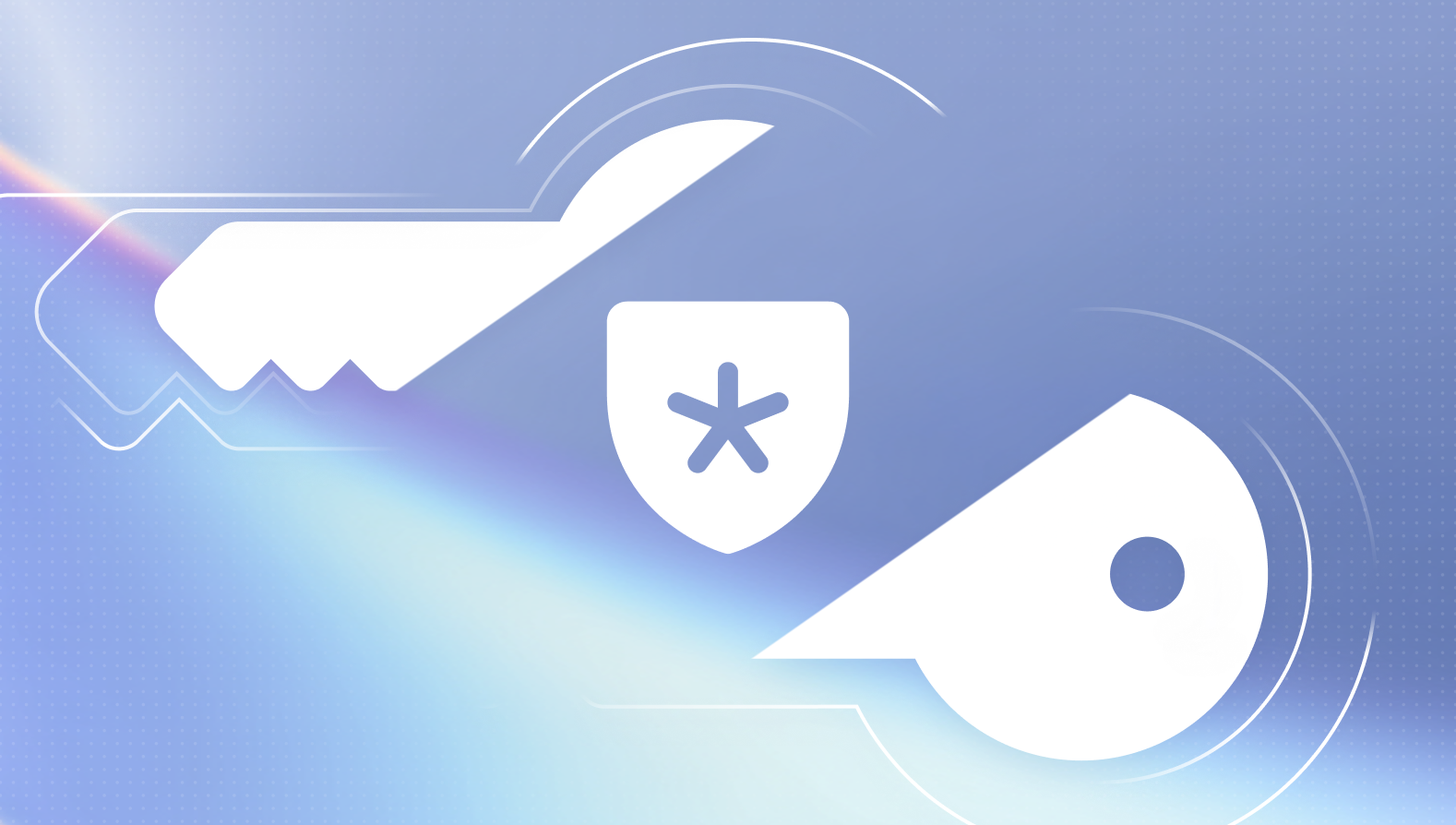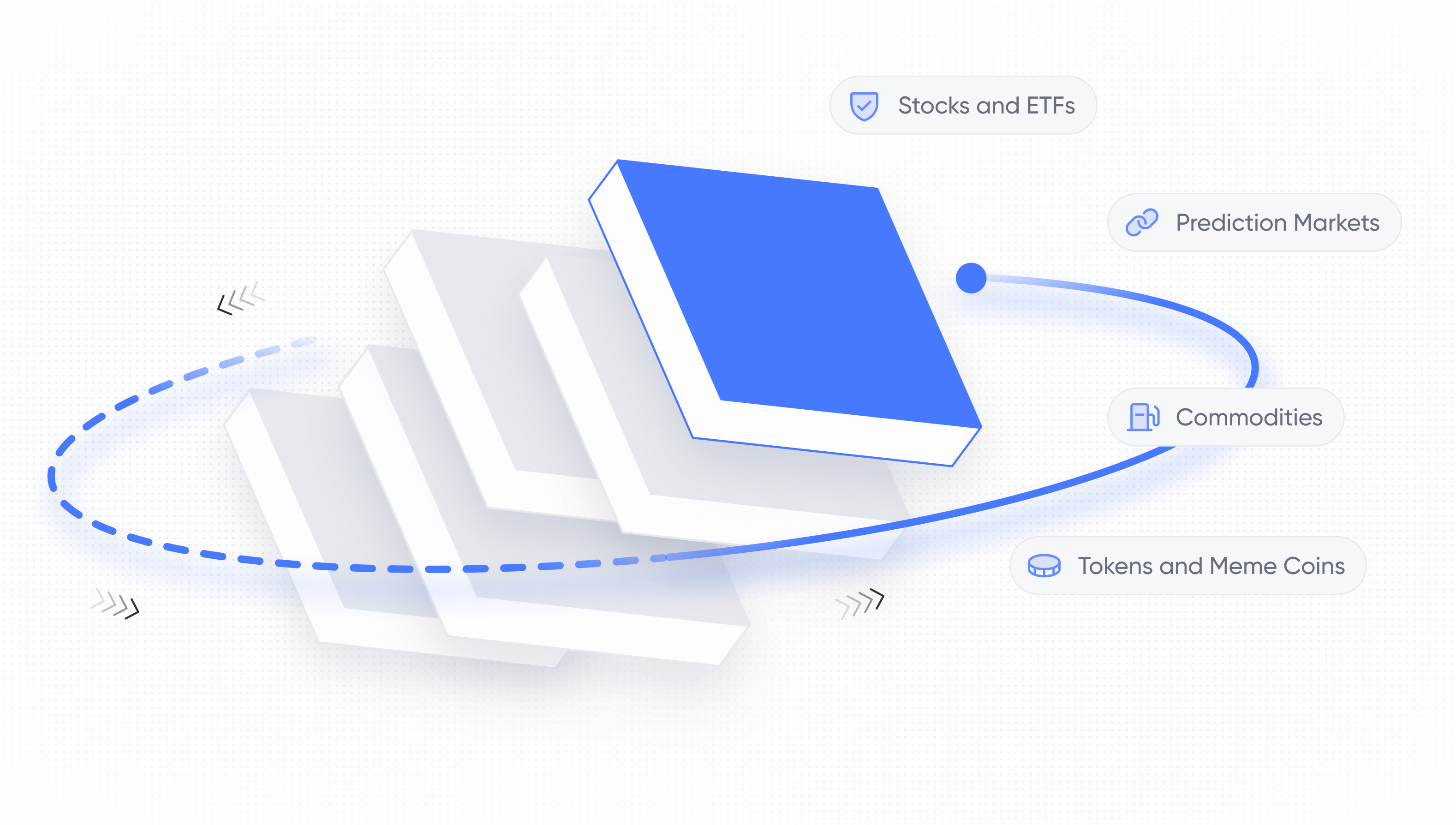What is Wallet-as-a-Service? A Guide to Modern Wallet Infrastructure in 2025


Developers and companies are moving away from building their own key management systems. Wallet-as-a-Service (WaaS) has emerged as a secure, compliant, and scalable solution for embedding wallets directly into apps. In this guide, we cover what WaaS is, how it works, and what you need to know about implementing it.
What is Wallet-as-a-Service (WaaS)?
Wallet-as-a-Service refers to infrastructure that lets apps integrate crypto wallets through APIs or SDKs. Instead of building your own system for key creation, security, recovery, and compliance, WaaS lets you focus on your product while still delivering self-custody to users.
In practical terms, WaaS is similar to what Twilio did for messaging or Plaid did for bank connections. It abstracts away complex infrastructure and makes it easy for developers to embed wallets across chains like Ethereum, Solana, and more.
Why Wallet-as-a-Service Matters
Building wallet infrastructure in-house, especially key management, is a massive lift. It often requires months of engineering time, ongoing maintenance, tight compliance practices, and more. For most companies, this becomes a major distraction from their core product and can become costly.
Wallet-as-a-Service solves this by offering secure and scalable infrastructure out of the box. Here are the key benefits that it brings to builders:
- Faster time to market: Go live with EVM, Solana, and other chains in days, not months.
- Built-in security and compliance: Leading providers support SOC 2, GDPR, and regional data residency requirements.
- Improved end-user experience: Support modern auth flows like passkeys, social login, 2FA, and session-based authentication.
- Allows developers to focus on their product: WaaS handles the complexities of secure key management so you don't have to.
For teams building in crypto, choosing WaaS isn't just a shortcut. It's a strategic choice that frees you up to build what matters while experts manage the wallet infrastructure.
Which Teams Are Best Suited for WaaS?
Anyone who touches or integrates crypto needs a wallet. Whether you're handling payments or experimenting with on-chain features, WaaS can support a wide range of use cases across industries:
- Fintech platforms handling crypto payouts: WaaS enables seamless and secure disbursement of crypto or stablecoins without the burden of managing keys, wallets, or onchain logic.
- Companies exploring tokenization: Securely issue and manage digital assets like loyalty points, stablecoins, or event tickets with enterprise-grade infrastructure.
- DeFi apps focused on user experience: Eliminate onboarding friction and improve retention by offering non-custodial wallets with account abstraction capabilities and social logins.
- NFT marketplaces covering multiple chains: Let users mint, list, and trade NFTs while keeping control of their assets, all without needing browser extensions or seed phrases.
- Consumer apps built on crypto rails: WaaS makes it simple to give every user a wallet in the background, unlocking programmable incentives without sacrificing UX.
- Gaming studios taking advantage of onchain capabilities: Support in-game assets, wallet-linked profiles, and more without requiring players to understand crypto.
Share this article



